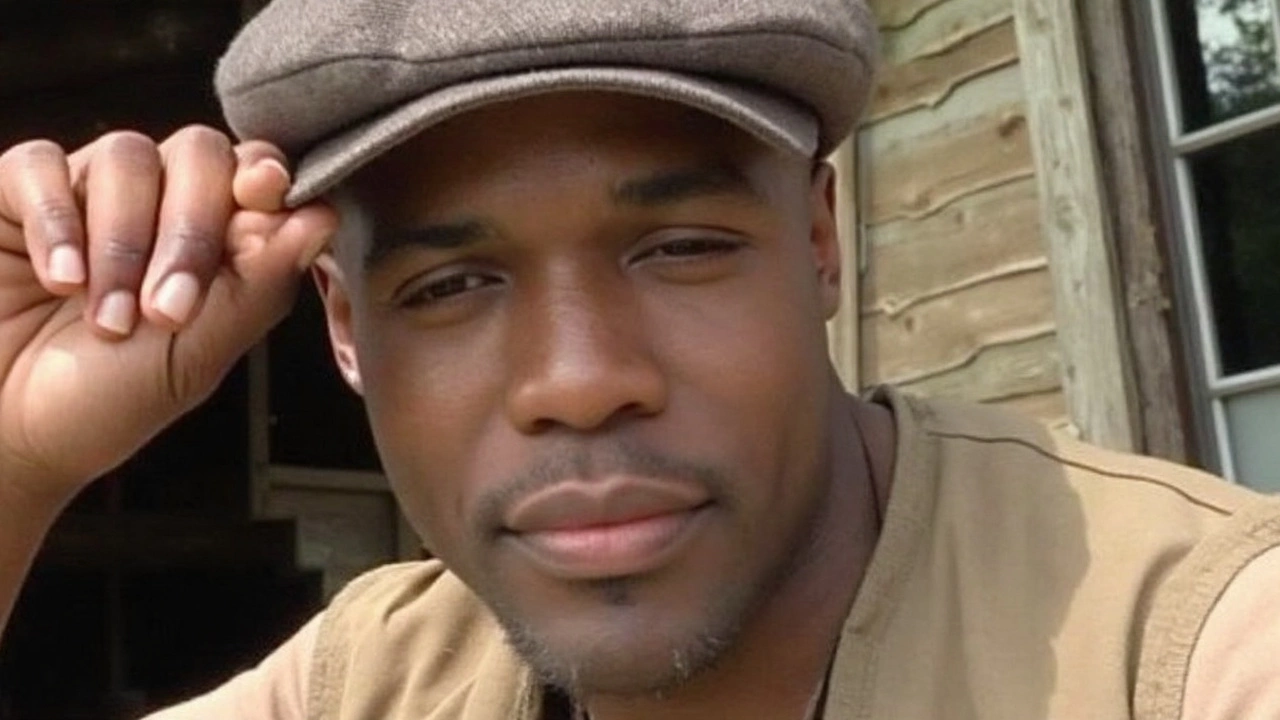Actor Reece Richards Caught in Police Mistake After Show
Spotlights fade, fans cheer, and the curtain drops. For Reece Richards, a night on stage with the touring cast of Hairspray The Musical ended not with applause but with sirens—and a blast of pepper spray from police. Known for his television role in Sex Education, Richards was on his way home in Fulham, southwest London, when everything went sideways.
On 4 September 2024, police were on the hunt, chasing after three men fleeing from a car crash. Richards just happened to walk into the scene—wrong place, wrong time. Officers seized him, threw him to the ground, hit him with pepper spray, and cuffed him on the spot. He wasn't a suspect, but it took police 14 minutes to figure this out and set Richards free.
The Reece Richards incident didn't just disappear quietly. Brenda Edwards, director of Hairspray and a big supporter, spoke out right away, calling what happened nothing short of 'wrongful' and highlighting what she views as a pattern of systemic racism in policing. The whole production rallied behind Richards, turning his experience into a public outcry against how authorities treat Black performers—even when leaving work.
Police Response and Community Backlash
The Metropolitan Police made their statement, saying the officers had to make 'split-second judgments' because of a tense, “dynamic, challenging situation.” They pointed out that Richards was released as soon as they were sure he wasn't involved. But that explanation doesn't satisfy everyone. The Independent Office for Police Conduct (IOPC) checked into the case and called the use of force—including the PAVA spray—'reasonable' under the circumstances. That ruling only added fuel to the debate over race and policing in London.
Richards hasn't been shy about telling his side of the story, describing both the pain and humiliation he felt that night. Supporters view this as more than just a mix-up and see it as a reflection of deeper issues; they argue that if a Black performer in the public eye isn't safe from mistaken arrests, what does that say for everyone else?
The Met, maybe sensing public frustration, publicly acknowledged the distress the incident caused and offered to meet Richards to talk things over. But for critics, that gesture falls short. Instead, the story has sparked fresh discussions in London's arts and broader Black communities about why mistakes like this keep happening and what real accountability looks like.
The show must go on, but Richards’ experience is a blunt reminder that even after the applause, real-life dramas can hit much harder than anything on stage.
